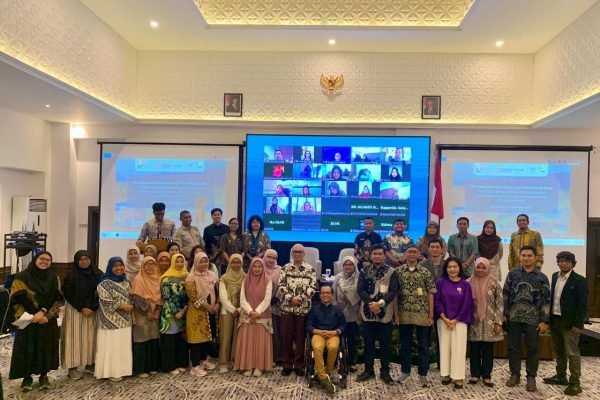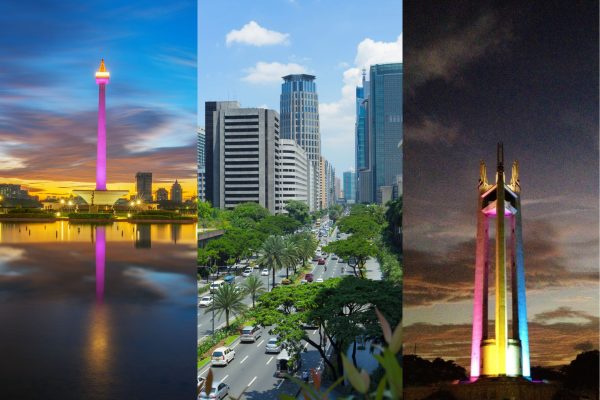In Photo: GIZ Philippines’s Principal Adviser and Cluster Coordinator for Climate Change Dr. Bjorn Surborg (from left), Principal Adviser for Forest and Climate Protection-Panay Phase II Dr. Klaus Schmitt and Country Director Irina Scheffmann, Socioeconomic Planning Secretary Ernesto M. Pernia, Ambassador Dr. Gordon Kricke and German Embassy-Manila Deputy Chief of Mission Dr. Roland Shcissau
This article first appeared on Business Mirror.
AMBASSADOR of Germany to the Philippines Dr. Gordon Kricke hosted a dinner reception to celebrate 10 years of partnership between his country and the Philippines in the common fight against climate change and for the preservation of biodiversity.
Since 2008 the German Federal Ministry for the Environment, Nature Conservation and Nuclear Safety (Bundesministerium für Umwelt, Naturschutz und nukleare Sicherheit, or BMU) through the International Climate Initiative (Internationale Klimaschutzinitiative, or IKI) has provided at least €62 million in support for technical cooperation projects in the Philippines.
Considering that the country remains one of the focus countries under IKI in Southeast Asia, the BMU has committed additional funds of up to €35 million based on priorities that are defined by the Philippine government and are consistent with IKI’s areas of support.
Kricke recognized the important achievements of IKI in the Philippines with improved management and livelihood in 60 out of the total 240 protected areas and the establishment of 57 new ones that cover a total area of 183,277 hectares.
Coastal and wildlife protection, ambitious climate actions and a national REDD+ (or reducing emissions from deforestation and forest degradation and the role of conservation, sustainable management of forests and enhancement of forest carbon stocks in developing countries) strategy have also been put in place.
Impressed by the diversity of projects in the country, Kricke wishes for the continued success of IKI implementation in the Philippines and strengthened cooperation between the two countries.
The main IKI implementing organizations in the country are the Deutsche Gesellschaft für Internationale Zusammenarbeit GmbH or GIZ, the United Nations Development Program, the UN Food and Agriculture Organization, the UN Habitat, Plan International, Renewables Academy AG, Rare Inc., International Council for Local Environmental Initiatives–Local Governments for Sustainability, and World Wildlife Fund for Nature-Philippines.
The IKI is a key element of Germany’s climate-financing mechanism and the funding commitments made under the United Nations Framework Convention on Climate Change and the Convention on Biological Diversity. The initiative’s focus areas are on climate-change mitigation, adaption to the impacts of climate change and the protection of biological diversity. These efforts provide various co-benefits, particularly the improvement of living conditions in partner countries.
For more information, visit the IKI web site. For examples of IKI’s projects in the country, visit the page “Protected Area Management Enhancement in the Philippines.”




